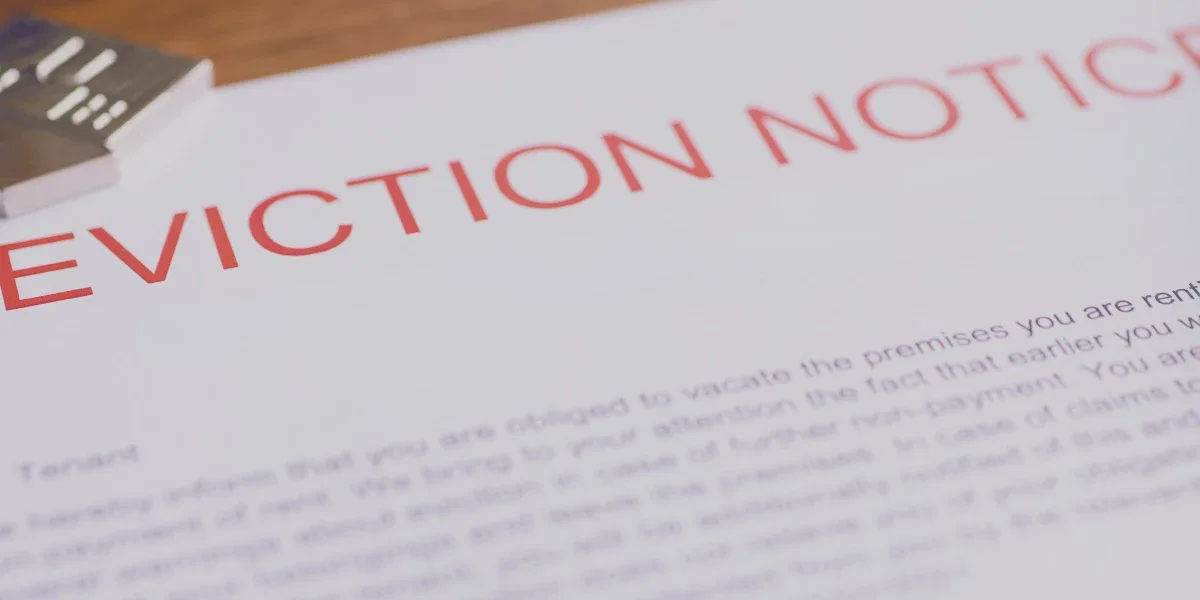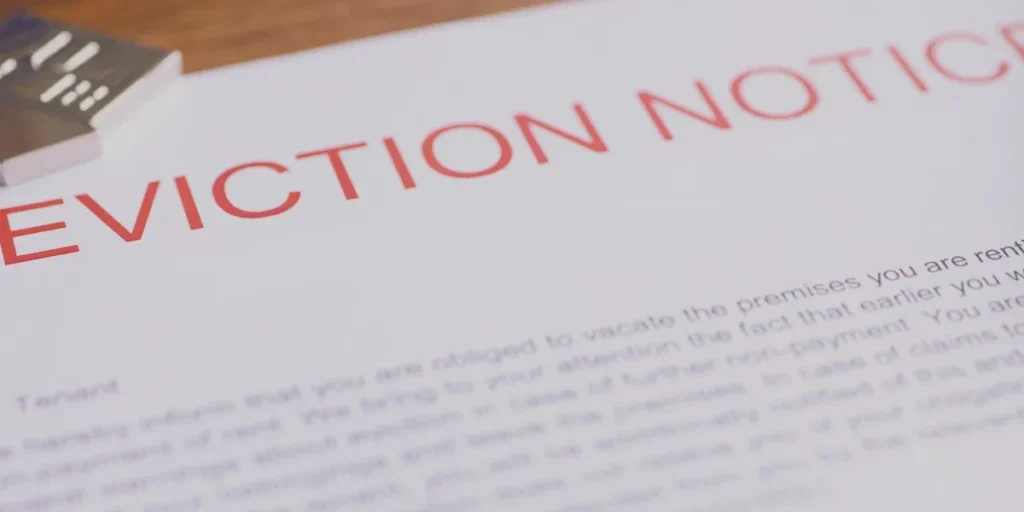How to Evict a Family Member in Texas? Rental Awareness
Evicting a family member in Texas can be a complicated and emotional process. However, it may become necessary when a family member has violated the lease agreement or is causing damage to the property.
In Texas, you can evict a family member by filing an eviction lawsuit. The process requires serving them with a formal eviction notice and attending a court hearing.
This can include serving the family member with a formal eviction notice, attending a court hearing, and receiving a judgment in your favour.
While it may be uncomfortable, evicting a family member in Texas can provide necessary relief and protection for both you and your property.

What Is Eviction?
When a family member overstays their welcome or fails to abide by the rules, eviction may seem like the only solution.
Eviction is the process a landlord must follow to legally remove a tenant or occupant from the property.
In Texas, if the family member in question is not on the lease, the eviction process is a bit different.

State-Specific Eviction Laws In Texas
Evicting a family member in Texas is a complex and legally demanding process, and landlords must follow all state and local laws.
Here are some key points to remember:
- As a landlord, you must provide the family member with an eviction notice that complies with Texas eviction law.
- Texas law requires a three-day notice period for most types of lease violations when evicting a family member who is renting from a landlord. If the family member isn’t a tenant, you may be able to evict them with only one day’s notice.
- If the family member refuses to leave the property after the expiration of the eviction notice, you may file an eviction lawsuit in the county where the property is located.
- Once you file the lawsuit, a hearing will be scheduled, and a judge will hear your case and make a decision. If the judge rules in your favour, you can request a writ of possession from the court to remove the family member from the property.
- Note that even if the family member is no longer paying rent and the tenant relationship has effectively been dissolved, you still have to follow the eviction process to remove them from the property.
Evicting a family member is never an easy process, but it may be necessary if efforts to work things out have failed.
Properly following the legal guidelines and processes in Texas will help ensure that you stay on the right side of the law while protecting your property and your rights.
Reasons For Evicting A Family Member In Texas
The eviction of a family member is always an emotional and stressful process.

It is essential to make sure you understand the reasons for eviction and the legal obligations to avoid any further disputes.
Here are the primary reasons for evicting a family member in Texas:
Types Of Eviction Cases In Texas
Eviction cases in Texas fall under two categories: “forcible detainer” and “eviction suits. “
Non-Payment Of Rent
One of the most common reasons for eviction in Texas is non-payment of rent.
To evict a family member for non-payment of rent, you have to follow the legal procedure and give the required notice.
Breaking Terms Of Lease Agreement
Another common reason for eviction is when the family member violates the terms of the lease agreement.
This could include unapproved occupants, destroying property, or keeping pets when they are not allowed.
Criminal Activity In The Rental Property
If a family member is involved in any criminal activity on the property, it is a valid reason for eviction. Notify law enforcement promptly if there is any illegal activity.
Damage To Rental Property
If a family member damages the rental property and does not repair it, it is a valid reason to evict them.
Violation Of Occupancy Agreement
If the family member is violating the occupancy agreement, it could be a reason for eviction.
It is important to be clear about the rental rules and regulations, including the number of people allowed in the house, duration of stay, or tenant responsibilities.
Understanding Landlord’S Rights In Texas
As a landlord, you have certain rights in Texas, including the right to receive rent, the right to enter the property, and the right to evict non-compliant tenants.
Legal Obligations Before Evicting A Family Member
Before evicting a family member, you need to fulfil some legal obligations. You have to give formal notice in writing, giving them time to vacate the property.
Notice Requirements
In Texas, before filing an eviction lawsuit, you need to give a written notice to the tenant to vacate the property.
For non-payment of rent, you should give three days’ notice, and for other violations, you should provide thirty days’ notice.
Time Frames For Filing Eviction Lawsuits
In Texas, you have to file an eviction lawsuit before the statute of limitations expires. This is generally four years from the date the case accrued.
As a responsible landlord, it is essential to follow the legal process and understand the reasons for evicting a family member in Texas.
Make sure to fulfil your legal obligations and notify the tenant of any changes in the lease agreement beforehand.
With these tips in mind, you can evict a family member without any unnecessary legal complications.
Frequently Asked Questions For How To Evict A Family Member In Texas
Can I Evict A Family Member In Texas?
Yes, in Texas, you can legally evict a family member from your property. However, the process can be complicated, and it is highly recommended that you hire an experienced attorney to help you navigate Texas eviction laws.
What Are The Grounds For Eviction Of A Family Member In Texas?
There are several legal grounds for evicting a family member in Texas. These include non-payment of rent, violation of lease terms, destruction of property, and causing a disturbance to other tenants.
What Is The Process For Evicting A Family Member In Texas?
To evict a family member in Texas, you must first send them a notice to vacate. If they do not leave voluntarily, you can file an eviction lawsuit. If you win the lawsuit, the court will issue an eviction order, and law enforcement officials will forcibly remove the family member from your property.
How Long Does The Eviction Process Take In Texas?
The eviction process in Texas can take anywhere from a few weeks to several months, depending on the complexity of the case and the court’s schedule. It is important to remember that you cannot take any self-help eviction measures, such as changing the locks or shutting off utilities, as these actions are illegal and can result in legal penalties.
Conclusion
When it comes to evicting a family member in Texas, navigating the legal process can be challenging.
However, with a clear understanding of the state’s laws and seeking professional guidance, you can successfully regain control of your property.
Remember to gather sufficient evidence, follow proper notice procedures, and engage in open communication.
By taking these steps, you ensure a smoother eviction process while preserving your rights and maintaining a respectful relationship with your family.
Reference
https://guides.sll.texas.gov/landlord-tenant-law/evictions